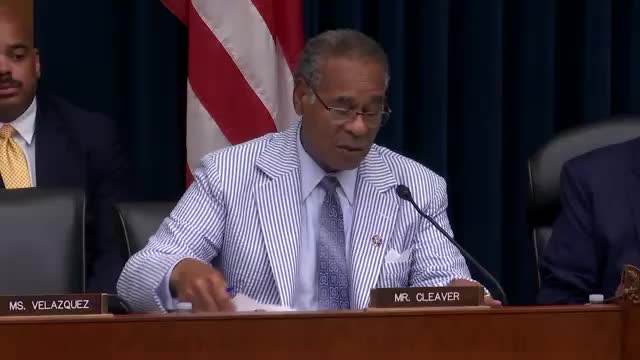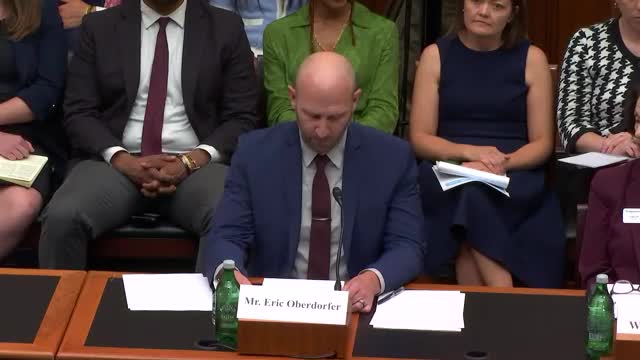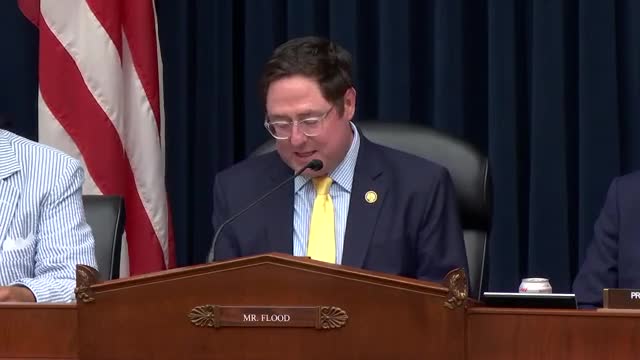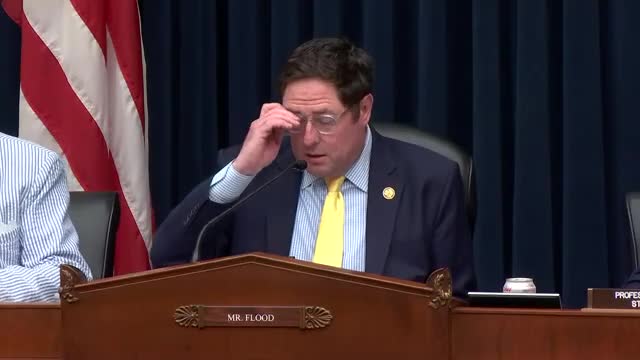Article not found
This article is no longer available. But don't worry—we've gathered other articles that discuss the same topic.

Witnesses urge Congress to preserve and fund HOME as draft reforms are debated

Stakeholders ask Congress to raise Davis-Bacon trigger and ease Build America, Buy America rules for HOME projects

Witnesses tell House subcommittee environmental reviews add months and millions to HOME projects

